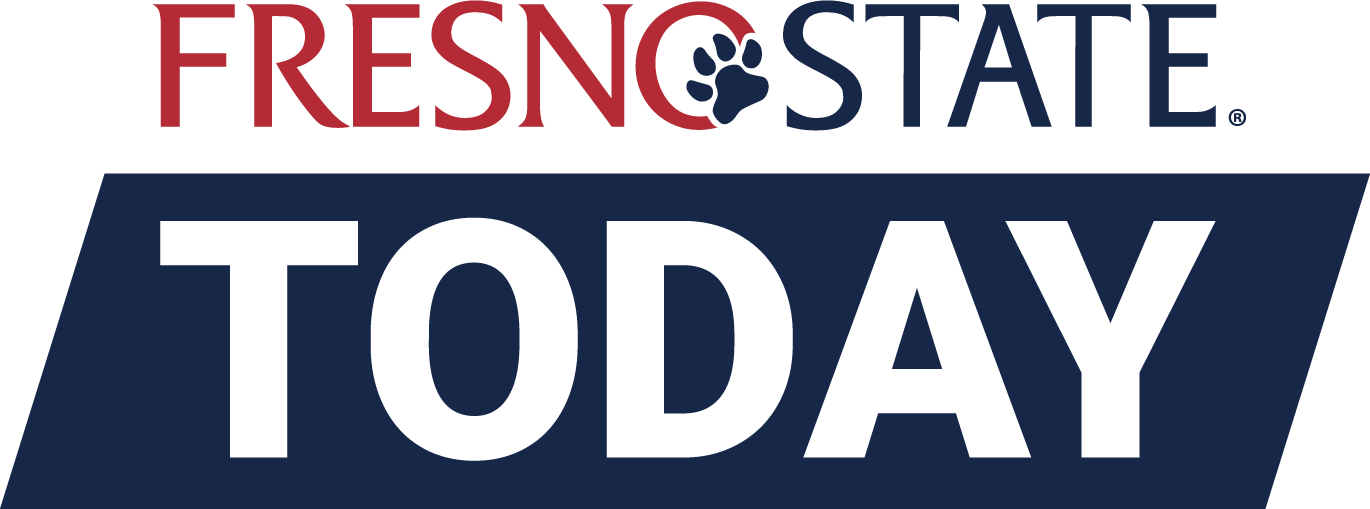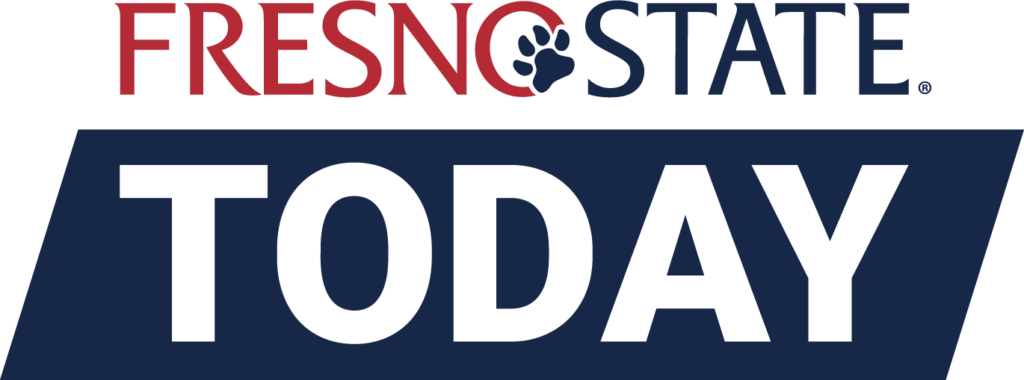As students and recent graduates prepare for a competitive job market, Fresno State experts share practical tips for entering into the workforce and navigating the early stages of a career. From exploring campus resources to evaluating satisfaction in an industry, here are a few key tips to help students and young professionals get started.
1. Take advantage of on-campus resources and opportunities
Betsy Hays, professor of public relations and advertising, said students have a distinct and finite window of time during college, with access and opportunities that will not be available after graduating. Mentorship, internships and courses that offer key knowledge and experience could play a pivotal role in helping students set themselves up for finding the right career path.
“[Students] have what we call ‘pixie dust,’” Hays said. “People love to help college students. They love to support them. They love to give them opportunities. Students need to grab those opportunities and use them, because when you graduate, you’re just another person. You don’t have as much pixie dust.”
Hays co-authored “Land Your Dream Career in College” with Fresno State alumna Tori Randolph Terhune. The book guides students through assessments, creating personal roadmaps and learning to confidently navigate college and the job market. The book was recently updated to include guidance on using AI and other digital tools to get ahead.
2. Grow your network
Many people find opportunities through their network of professional contacts. You can grow that network even in college.
“LinkedIn really is your friend. Use LinkedIn to connect with professionals in fields that interest you,” said Mary Willis, director of Fresno State’s Career Development Center. “You can also join professional associations. They often have student membership levels, are a great way to connect to professionals in your field, and often post job opportunities.”
Students and recent alumni can utilize the Career Development Center, taking advantage of networking opportunities like the annual “Networking for Introverts” mixer and tutorials for networking.
3. Tailor your resume and cover letter
In addition to advising and networking resources, the Career Development Center offers resume and cover letter reviews.
“There is no one-size-fits-all resume. Tailor your resume and cover letter to each job,” Willis said. “Share relevant experiences and accomplishments from paid positions, internships, club and organization involvement and your courses that highlight the skills and knowledge the employer is seeking.”
The Career Development Center also offers mock interviews with its professional staff to assist with preparing for job interviews.
4. Tap into exclusive alumni resources
With the Alumni Career Connections program, the university supports its graduates in navigating the workforce, offering resources for professional development and mentorship as well as job opportunities.
“The program is designed to help Bulldogs at every stage of their career journey, from recent graduates exploring their first job to seasoned alumni looking to grow professionally,” said Gina Zante, director of Alumni Career Connections.
Some of the most popular tools available through the program include an alumni-exclusive job board, a mentorship platform and online, self-paced courses that are free for the first 500 verified alumni. The courses, professional certificates and career credentials can help alumni sharpen their skills in areas such as project management, UX design, data analytics, digital marketing, IT support and IT automation with Python.
“Together, these resources are helping build a lifelong professional network of support for Fresno State graduates, empowering them to learn new skills, find meaningful work and stay connected to the Bulldog community,” Zante said.
5. Be open to pivots
Hays said she sees students looking to find the right career path, and there is not always a lot of conversation around what someone should do if they find themselves going down the wrong path. What do they need to do in order to successfully pivot?
“The reality is sometimes people start what they believe to be their dream job and it turns out to be an industry that they don’t really want to be in,” Hays said. “But you shouldn’t leave an industry as a knee-jerk reaction to a bad day. Maybe it’s not the wrong industry, maybe it’s the wrong employer.”
In deciding whether or not to leave an industry or an employer, Hays offers these things to consider: Would you like a larger or smaller employer? Would you prefer hybrid or in-person work? What motivates you (i.e. money, flexibility, etc.)? And what kind of lifestyle do you want?


